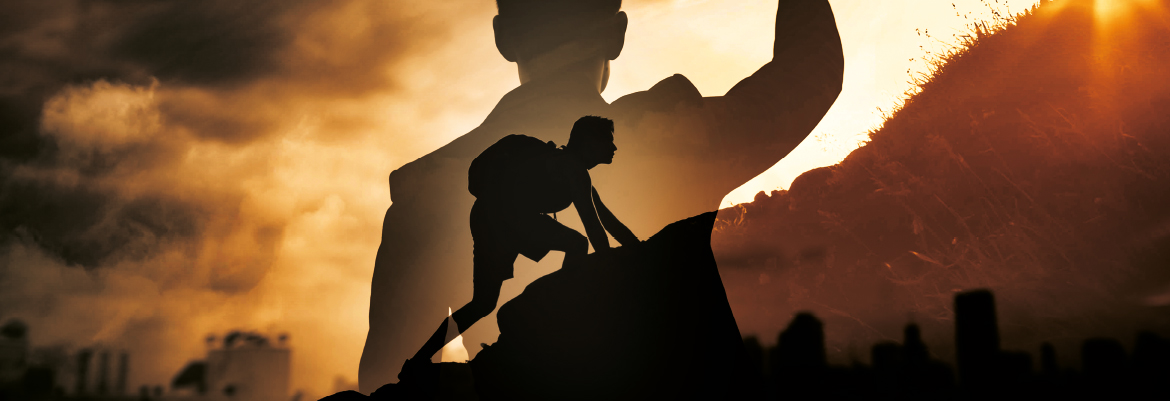working well, for his glory
Once said a scholar, ‘When we reach the new heavens and new earth, one of the first things I’ll do is dash off to the library’,[1] the reason being ‘to see if my books made it through’. It was not a statement motivated by self-importance, but simply expressing a soul-deep longing within every human being for our works to ‘be of such value… that they might have a place in Christ’s eternal kingdom’.
We could wonder the same about Nucleus articles that students like you have written over the years! I’m Liz, the incumbent student editor of Nucleus (CMF’s student journal), working with the office team to bring you news from the frontlines where faith and medicine meet — and also bringing you this opportunity to get involved in this exciting work! Feedback and support included in the package, so don’t let your self-perceived abilities stop you!
Work is an incredibly broad concept, but the observation of that scholar encapsulated an important aspect — its link with purpose. Work has a purpose, but it also gives us purpose, hence the heavy weight carried by working age adults who are unemployed. In the words of Spurgeon, ‘Man was not created…elected…redeemed…, and…sanctified by God’s grace to be idle.'[2] It is when work or life loses long-term purpose that everything may become meaningless — indeed Ecclesiastes illustrates the futility of life and work without an eternal perspective. However, as Christians we can take heart that ours is a Master of every detail of our lives,[3] which radically transforms our purpose.
The main articles of this edition include an exploration of the sacred-secular divide by Sue Holcombe — later followed by a snapshot of the Saline Solution course, a wonderfully applicable way to break down that divide! Later, by weaving theory with application, I add the perspective of a healthcare student to this conversation — what it might mean, knowing who we work for.
The perennial issue of making decisions and the medical bread and butter of ethics are also very helpfully explored; Léonie Fourel turns the table by sharing about a physician-in-training being at the receiving end of medical care — her own inspiring story, and key advice when navigating suffering in university and life.
We also bring a global perspective on work; Dave Moore shares his expertise in planning a medical elective — what you stand to gain, what you should consider in planning, and what you’d do well to bring. Tristan Kawalek provides a day-to-day picture of what it’s like on the ground on elective in Muheza, Tanzania, while from Arusha not too far away, Liv Abrams inspires us by letting us live vicariously the extraordinary gathering of Christian students, doctors, and dentists in ICMDA’s 17th World Congress.
King Solomon in his God-given wisdom reminds us that ‘Whatever your hand finds to do, do it with all your might, for in the realm of the dead, where you are going, there is neither working nor planning nor knowledge nor wisdom’ (Ecclesiastes 9:10) — a sobering thought that implies, encouragingly, that whatever disappointments, regrets, sorrows, or challenges life may throw at you, it is never too bad or too late as long as you still have the breath of life in you. Your purpose and value comes not from your work but from your Creator. Move on with confidence into the future he has prepared for you, armed with the promise that he will be by your side.[4] Honour him by choosing to keep living well and working well, for his glory. May the Lord bless you and keep you. Until the next edition.
Signing off,
Liz



